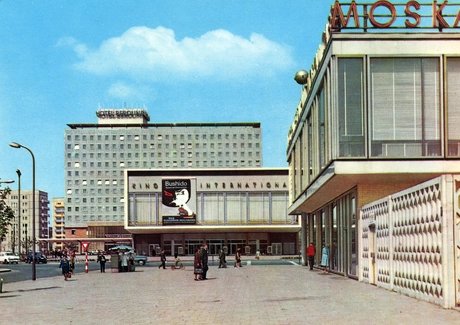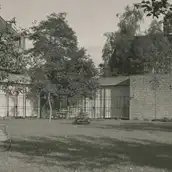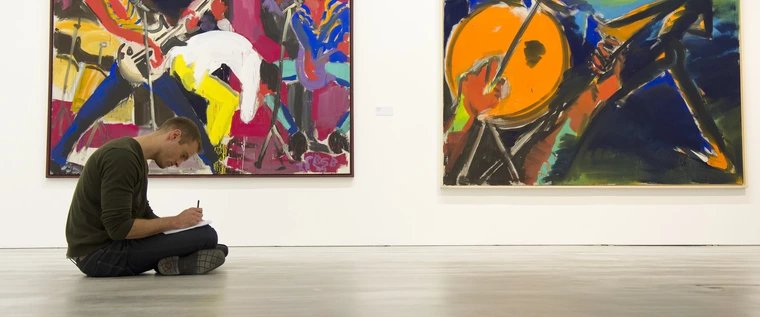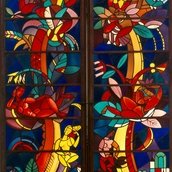
Josef Kaiser (1910–1991) was one of the most influential representatives of “socialist” architecture in the GDR. Between 1950 and 1980, he and his collective realized numerous state and municipal construction projects, including the Kino International cinema and Café Moskau on Karl-Marx-Allee in Berlin.
His early career in architecture firms with ties to the Nazi regime did not stand in the way of his career in the socialist state. On the contrary, his designs, which also attracted international attention, were seen as an expression of a new social awakening.
Many of Kaiser's surviving buildings are now listed as important testimonies to the GDR's independent cultural identity.
The exhibition is the first comprehensive reconstruction of the life and work of the architect, who was active in two different dictatorial systems.
Around 60 plans, photographs, films, and models from the Berlinische Galerie's collection and from national collections trace Kaiser's work and shed light on political and aesthetic tensions.
Contemporary artistic positions broaden the view and open up new perspectives on the architectural heritage of the GDR.



